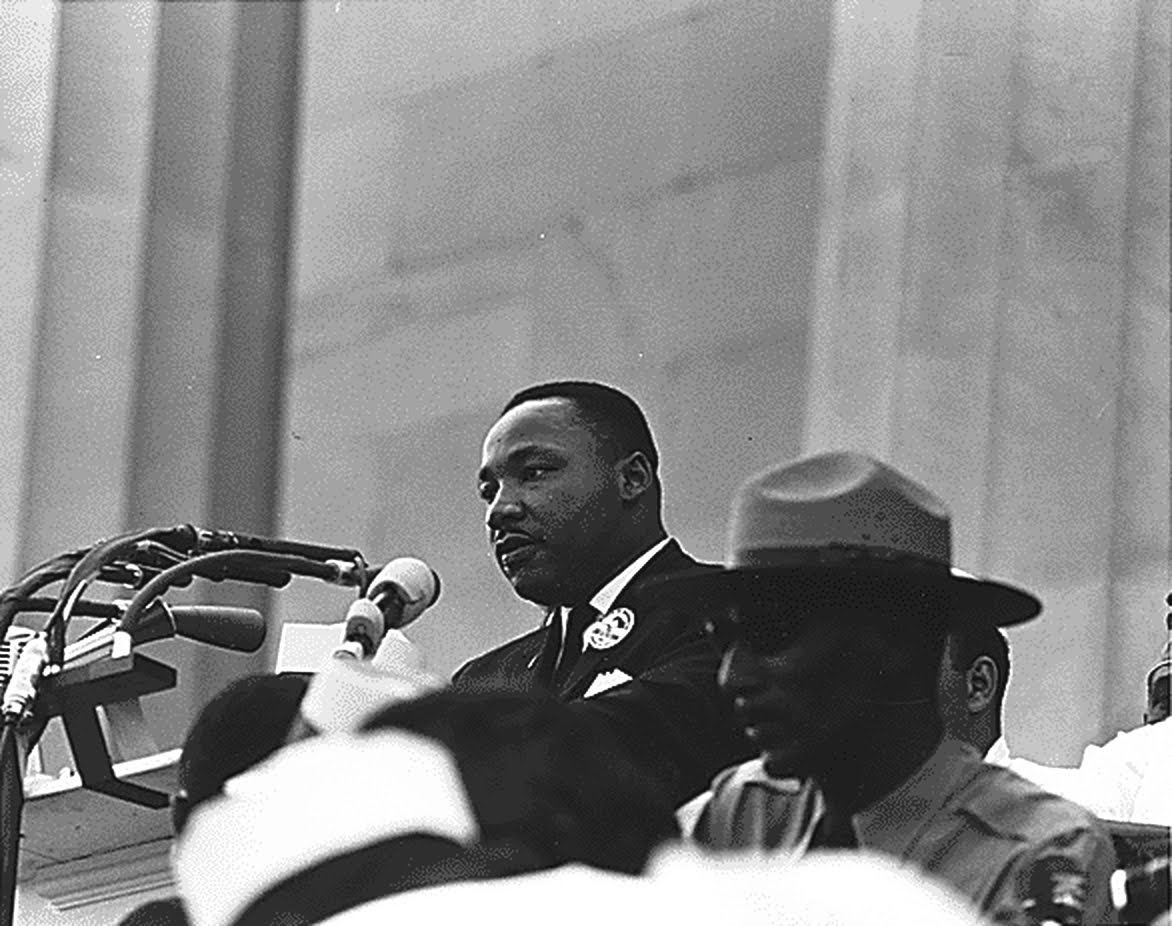Title: [Chief Joseph, ca. 1840-1904] Date Created/Published: c1903 May 28. Medium: 1 photographic print. Summary: Full lgth., standing, facing right; holding rifle. Reproduction Number: LC-USZ61-2086 (b&w film copy neg.)
Rights Advisory: No known restrictions on publication.
Call Number: LOT 12978 [item] [P&P] Repository: Library of Congress Prints and Photographs Division Washington, D.C. 20540 USA
Notes: H32270 U.S. Copyright Office. Photoprint by Dr. Edward H. Latham, [Nespelem, Washington]. This record contains unverified, old data from caption card.
Collections: Miscellaneous Items in High Demand.
Chief Joseph surrendered to General Nelson Appleton Miles on October 5, 1877 in the Bear Paw Mountains of the Montana Territory, less than 40 miles south of Canada in a place close to the present-day Chinook in Blaine County.
Colonel Nelson A. Miles, who was stationed near the mouth of Tongue River in eastern Montana, received an order from General Howard to intercept the Indians. On the following day he began the march which resulted in the capture of Chief Joseph at Bear Paw Mountain on October 4, 1877.
Tell General Howard I know his heart. What he told me before, I have it in my heart. I am tired of fighting. Our chiefs are killed; Looking Glass is dead, Too-hul-hul-sote is dead. The old men are all dead. It is the young men who say yes or no. He who led on the young men is dead. It is cold, and we have no blankets; the little children are freezing to death. My people, some of them, have run away to the hills, and have no blankets, no food. No one knows where they are—perhaps freezing to death. I want to have time to look for my children, and see how many of them I can find. Maybe I shall find them among the dead. Hear me, my chiefs! I am tired; my heart is sick and sad. From where the sun now stands, I will fight no more forever.TEXT CREDIT: Title: History of the state of Idaho. Author: Cornelius James Brosnan. Publisher: C. Scribner's sons, 1918. Original from: the University of Virginia. Digitized: Jan 15, 2008. Length: 237 pages. Subjects History › General History / General Idaho














No comments:
Post a Comment